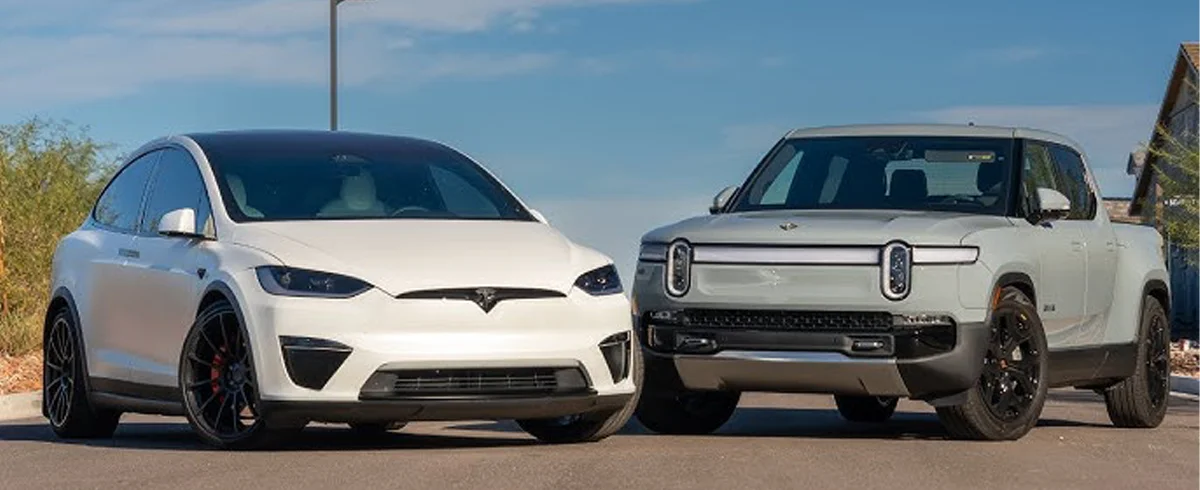Home EV Charging Guide 2025: Cost, Installation Tips & Best Chargers
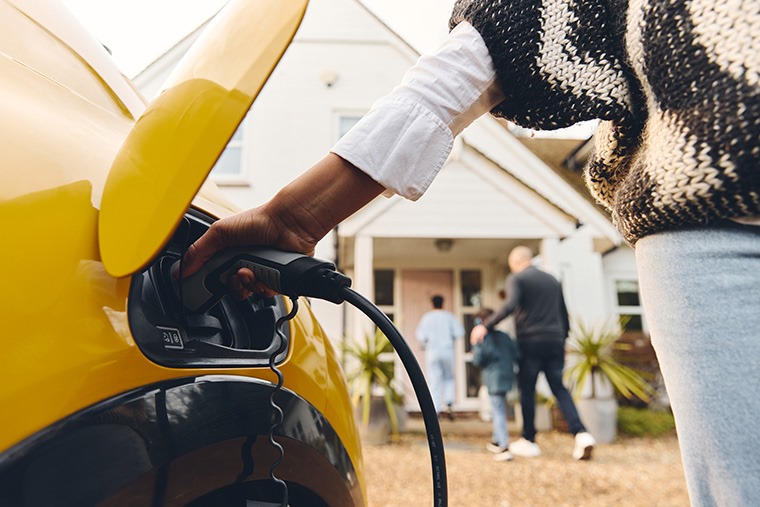
Welcome to the Home EV Charging Guide! As electric vehicles (EVs) become increasingly popular, understanding how to charge them at home efficiently and effectively is essential. This guide will equip you with all the information you need to select, install, and maintain your home EV charging setup in 2025.
Understanding EV Charging Basics

Before diving into the specifics of home EV charging, it’s crucial to grasp the basics of how EV chargers work. This understanding provides a foundation for making informed decisions about your home EV charger.
Types of EV Chargers (Level 1, Level 2, DC Fast Charging)
There are primarily three types of EV chargers that homeowners should be aware of: Level 1, Level 2, and DC fast charging.
- Level 1 Chargers: These chargers use a standard 120-volt outlet, similar to those found in most homes. They’re convenient but slow, typically adding about 4-5 miles of range per hour of charging. Level 1 is ideal for users with minimal daily driving needs who can leave their vehicle plugged in overnight.
- Level 2 Chargers: Operating on a 240-volt outlet, Level 2 chargers significantly speed up the charging process. They can provide 10-60 miles of range per hour, depending on the charger’s amperage. This option is more suitable for regular commuters or anyone needing a quicker turnaround between charges.
- DC Fast Charging: Often found at public charging stations, these chargers deliver rapid power directly to the battery, allowing an EV to charge up to 80% in about 30 minutes. However, installing a DC fast charger at home is generally not practical due to the high installation costs and electrical requirements.
Understanding Charging Speeds and Times
Charging speeds vary greatly among different chargers. Understanding these speeds can help you plan your EV usage and home charging setup effectively.
- Understanding Amperage: The speed at which your EV charges depends on both the charger’s amperage and the vehicle’s acceptance rate. Higher amperage translates to faster charging. Most home EV chargers come in 16A, 32A, or even 40A ratings, with higher ratings enabling quicker charging times.
- Estimating Charging Time: To estimate charging time, consider the vehicle’s battery capacity in kilowatt-hours (kWh) and the charger’s output. For instance, if your EV has a 60 kWh battery and you’re using a 7 kW Level 2 charger, you would theoretically take about 8-9 hours to fully charge from empty.
- Real-World Factors: Remember, real-world conditions like temperature, battery health, and charging habits can affect actual charging times. Emphasizing these factors ensures you have realistic expectations when utilizing your home EV charging station.
Kilowatt-hours (kWh) Explained
Kilowatt-hours (kWh) measure energy consumption over time and are integral to understanding how much electricity your home EV charger will use.
- How kWh Relates to EV Charging: For example, if you drive 30 miles a day and your EV consumes 3 miles per kWh, you’ll use 10 kWh of electricity daily. Knowing this helps you gauge the impact on your electric bill.
- Electricity Costs: Check your local utility rates to understand how much charging your EV will cost. Rates may vary based on time of day, so using tools or apps to track your charging times can lead to savings.
- Renewable Energy Sources: If you have solar panels, integrating them with your home EV charger can further reduce costs and promote sustainability. Investing in smart charging solutions can help optimize energy usage during peak production times.
Assessing Your Home Charging Needs
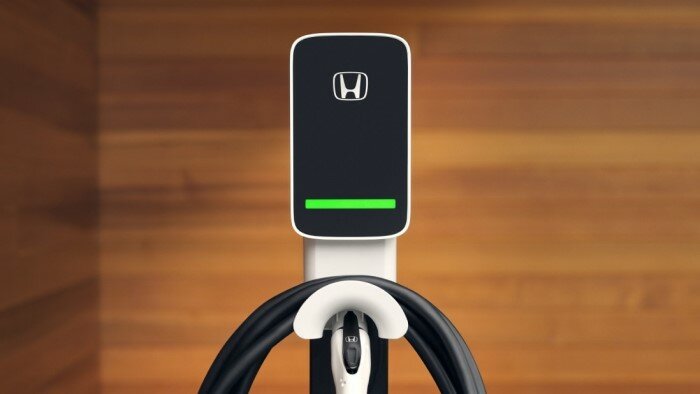
Determining your specific charging needs is crucial before proceeding with your home EV installation. This assessment will inform the type of charger you need and the installation requirements to ensure optimal performance.
Determining Your Daily Driving Habits and Charging Requirements
Your daily driving habits significantly influence your home charging needs.
- Mileage Considerations: Analyze your average daily mileage. If you regularly drive long distances, investing in a higher-capacity charger might be wise to minimize downtime.
- Charging Frequency: Consider how often you can charge. If you can plug in every night, a slower Level 1 charger could suffice. However, if you need quick turnarounds, a Level 2 charger would be advantageous.
- Backup Plan: It’s also worth considering having a backup charging option in case of emergencies, such as public charging stations nearby or access to friends’ chargers.
Evaluating Your Electrical Panel Capacity
An important part of the home EV charging guide involves evaluating your existing electrical system.
- Panel Capacity: Most modern homes have 100-200 amp service panels, which are sufficient for typical Level 2 charger installations. However, older homes may require upgrades to support higher amperage chargers safely.
- Circuit Load Assessment: You will need to calculate the total load on your circuit panel. Ensure that you’re not overloading it when adding a home EV charger. An experienced electrician can assist in assessing this.
- Upgrading Your System: In cases where significant upgrades are needed, factor in additional costs and time commitments for rewiring or upgrading your electrical panel.
Choosing the Right Home EV Charger

Choosing the right charger is an essential step in setting up your home EV charging station. With several options available, understanding their features and functions can guide your decision.
Portable vs. Hardwired Chargers
When selecting a home charger, you’ll typically choose between portable and hardwired options.
- Portable Chargers: These chargers are highly versatile and can be plugged into a standard outlet or a dedicated outlet, which allows flexibility in charging locations. They’re great for renters or if you want a charger that can be taken on road trips.
- Hardwired Chargers: Hardwired options involve permanent installation and offer higher charging capacities. They are often favored by homeowners for their stability and efficiency since they usually provide faster charging times compared to portable units.
- Cost Considerations: Portable chargers tend to be more affordable upfront; however, the long-term efficiency may not match that of hardwired models. Weigh short-term costs against potential long-term gains when deciding.
Smart Chargers and Their Features
Smart chargers can enhance your home EV charging experience by incorporating advanced technology features.
- Remote Monitoring: Many smart chargers allow you to monitor charging status, energy consumption, and costs via smartphone apps, enabling better energy management.
- Scheduling Features: Some models let you schedule charging sessions to coincide with off-peak electricity rates, reducing overall costs.
- Integration with Home Systems: Smart chargers can integrate with home energy management systems, allowing you to optimize energy use throughout your entire home.
Key Features to Consider (Amperage, Voltage, Safety Features)
When shopping for an EV charger, pay attention to key specifications and safety features.
- Amperage Ratings: Opt for chargers that offer multiple amperage settings to accommodate various EV makes and models.
- Safety Certifications: Look for chargers with relevant safety certifications (like UL Listing) to ensure compliance with industry standards.
- Weather Resistance: If you plan to install your charger outdoors, make sure it has proper weather resistance ratings to withstand environmental conditions without compromising functionality.
Installation Process: A Step-by-Step Guide
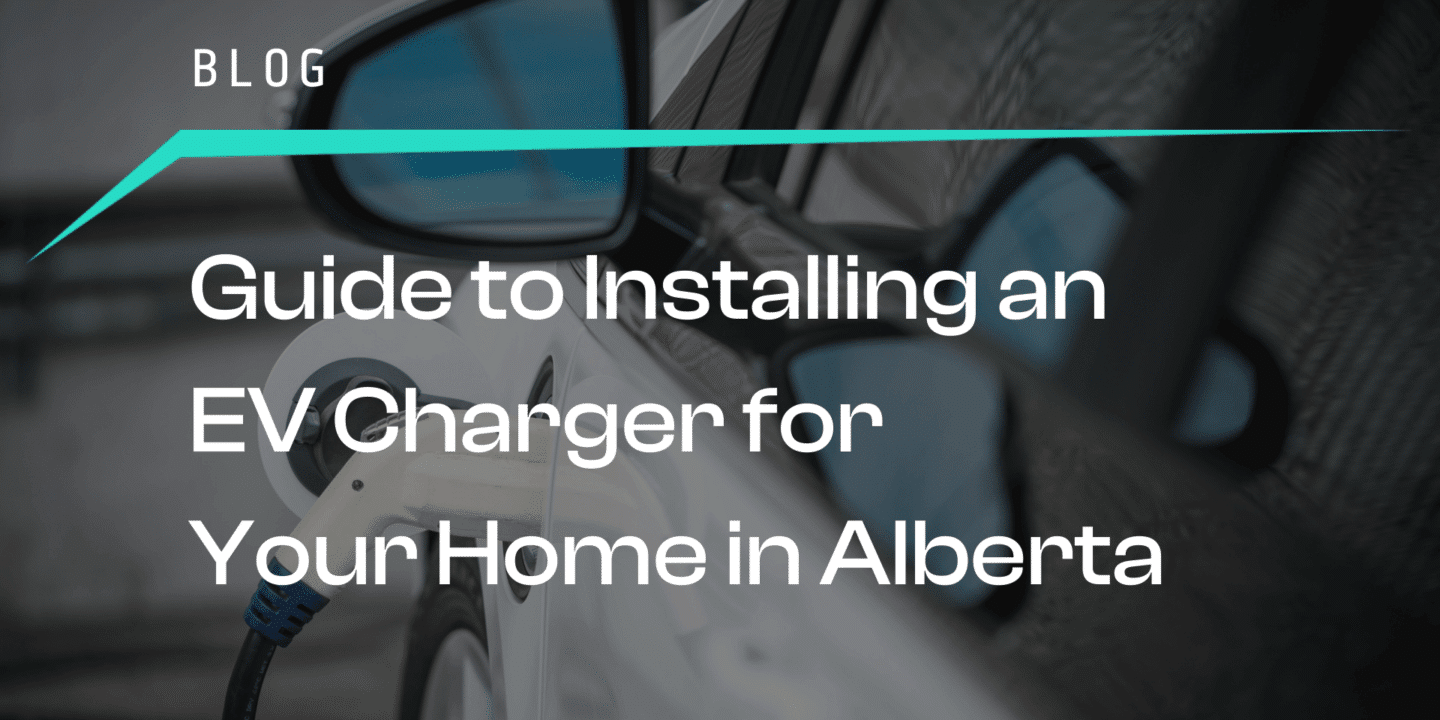
Installing a home EV charger is a project that ideally requires professional assistance. While DIY options exist, hiring a qualified electrician is often the best route for safety and compliance.
Hiring a Qualified Electrician
Finding the right skilled tradesperson is essential for a safe and efficient installation.
- Research Local Electricians: Look for electricians with experience in EV charger installations. Online reviews and recommendations from friends can help narrow down your choices.
- Review Credentials: Ensure that the electrician holds valid licenses and insurance. Additionally, inquire about previous EV charger installations they’ve completed.
- Get Multiple Quotes: It’s wise to get several quotes to compare pricing and services offered. This will also give you a sense of what to expect concerning installation timelines and costs.
Permitting and Inspections
Most municipalities require permits for electrical installations, including EV chargers.
- Check Local Regulations: Before starting the installation process, verify your area’s permitting requirements. Your electrician should be familiar with these regulations.
- Inspections: After installation, an inspection may be required to ensure everything was done according to code. Make sure the electrician handles any necessary inspections and permits.
- Documentation: Keep all documentation related to permits and inspections, as these may be necessary for future home resale or warranty claims.
The Installation Process Itself
Once permits are secured and the electrician is chosen, the installation can begin.
- Preparing the Location: The electrician will first assess the ideal location for the charger based on proximity to your parking area and electrical panel.
- Wiring and Connections: The installation process includes running wiring from your electrical panel to the charger. Proper grounding and circuit connections are crucial for safety.
- Testing the Charger: After installation, always test the charger with your vehicle to ensure everything is functioning properly. Your electrician should demonstrate how to operate the charger and troubleshoot basic issues.
Cost Considerations for Home EV Charging
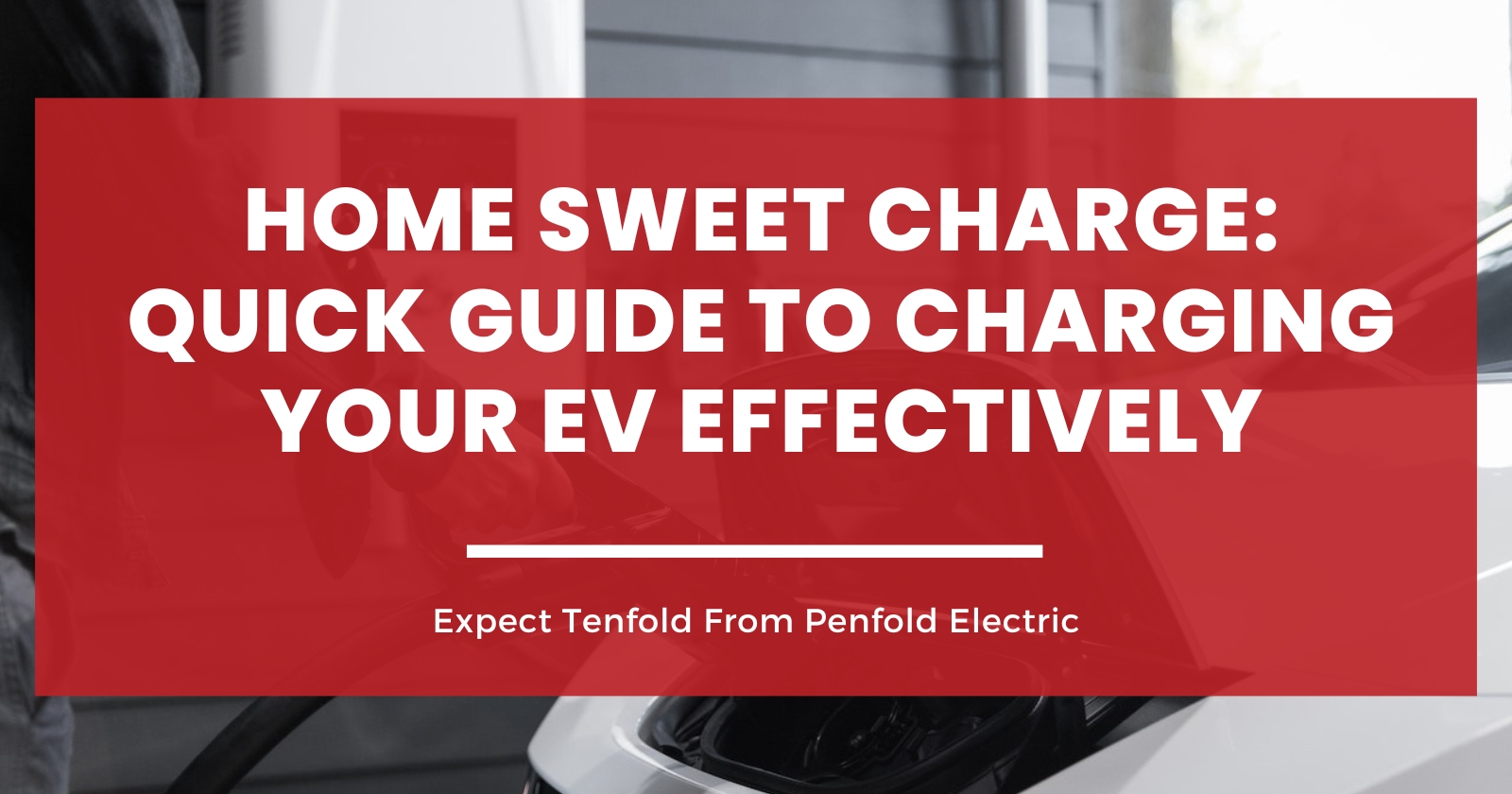
Understanding the expenses associated with home EV charging can help you budget appropriately and determine whether the investment aligns with your financial situation.
Charger Costs
When considering how much is a home EV charging station, remember that prices vary based on several factors.
- Type of Charger: Level 1 chargers are typically less expensive, ranging from $300-$600. Level 2 chargers are more costly, usually falling between $500-$1,500.
- Smart Features: If you opt for smart chargers with advanced features, expect to pay extra. The benefits, however, can justify the higher price tag in terms of convenience and energy savings.
- Brands and Models: Different brands have varying pricing, warranties, and customer service options to consider. Researching multiple models can help you find a reliable unit within your budget.
Installation Costs
Installation expenses can add significantly to your overall costs.
- Labor Fees: Electricians typically charge between $50-$150 per hour, and the total labor cost can depend on the complexity of the installation. More straightforward setups will naturally incur lower costs.
- Material Costs: Additional materials like conduit, wiring, and circuit breakers may add to your costs. Discuss these aspects with your electrician to understand the total scope of the project.
- Unexpected Expenses: Always budget for unforeseen costs such as panel upgrades or additional electrical work that might be discovered during installation.
Potential Rebates and Incentives
Many governments and organizations offer incentives to encourage home EV charging installations.
- Federal Tax Credits: Depending on the year and local legislation, federal tax credits for EV charger installations may be available. Check current policies to maximize your savings.
- State and Local Rebates: States and municipalities often provide rebates or grants to offset installation costs. Research what’s available in your area to take advantage of these opportunities.
- Utility Company Incentives: Some utility companies may offer rebates or discounts for EV charger installations, especially if you agree to charge during off-peak hours. Contact your provider to learn about available programs.
Safety Precautions for Home EV Charging
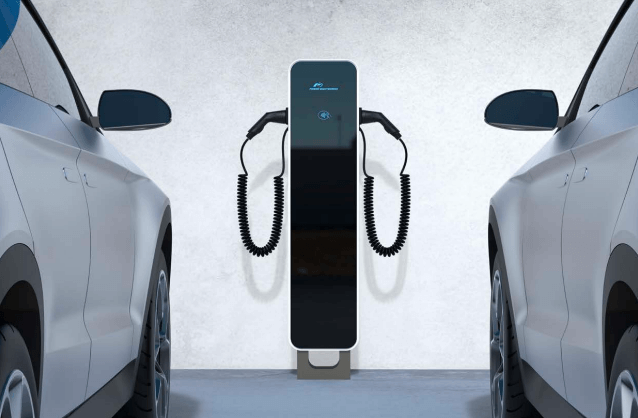
Safety is paramount when charging your EV at home. Taking the necessary precautions ensures a reliable and hazard-free charging environment.
Proper Wiring and Grounding
Proper wiring and grounding are critical components of a safe charging station.
- Hire Professionals: Always enlist a qualified electrician to handle installations. They will ensure all wiring meets local codes and regulations.
- Ground Fault Protection: Ensure your charger has ground fault protection (GFCI) to prevent electrical shocks. This feature automatically cuts off power if it detects a fault.
- Regular Checks: Schedule periodic inspections to check the integrity of wiring and connections, particularly if you notice fluctuations in charging performance.
Avoiding Overloading Circuits
Overloading circuits can pose significant risks, potentially causing fires or damaging your EV charger.
- Ensure Adequate Capacity: Make sure your home’s electrical panel can support the additional load of the EV charger without exceeding its capacity.
- Dedicated Circuits: It’s advisable to install the EV charger on a dedicated circuit to prevent overload from other appliances. Discuss this with your electrician to determine the best approach.
- Monitoring Usage: Implement monitoring solutions to track your overall electricity usage, ensuring you don’t exceed your household limits.
Charger Maintenance and Safety Checks
Routine maintenance can prolong the life of your home EV charger and ensure safe operations.
- Cleanliness: Regularly inspect and clean the charger and connectors to remove dust, dirt, or debris that could interfere with functionality.
- Inspect Components: Periodically check cables and connectors for signs of wear, fraying, or damage. Replace any damaged parts immediately.
- User Education: Educate all household members on how to use the charger safely, including plugging and unplugging procedures and recognizing warning signs.
Maximizing Your Home Charging Efficiency
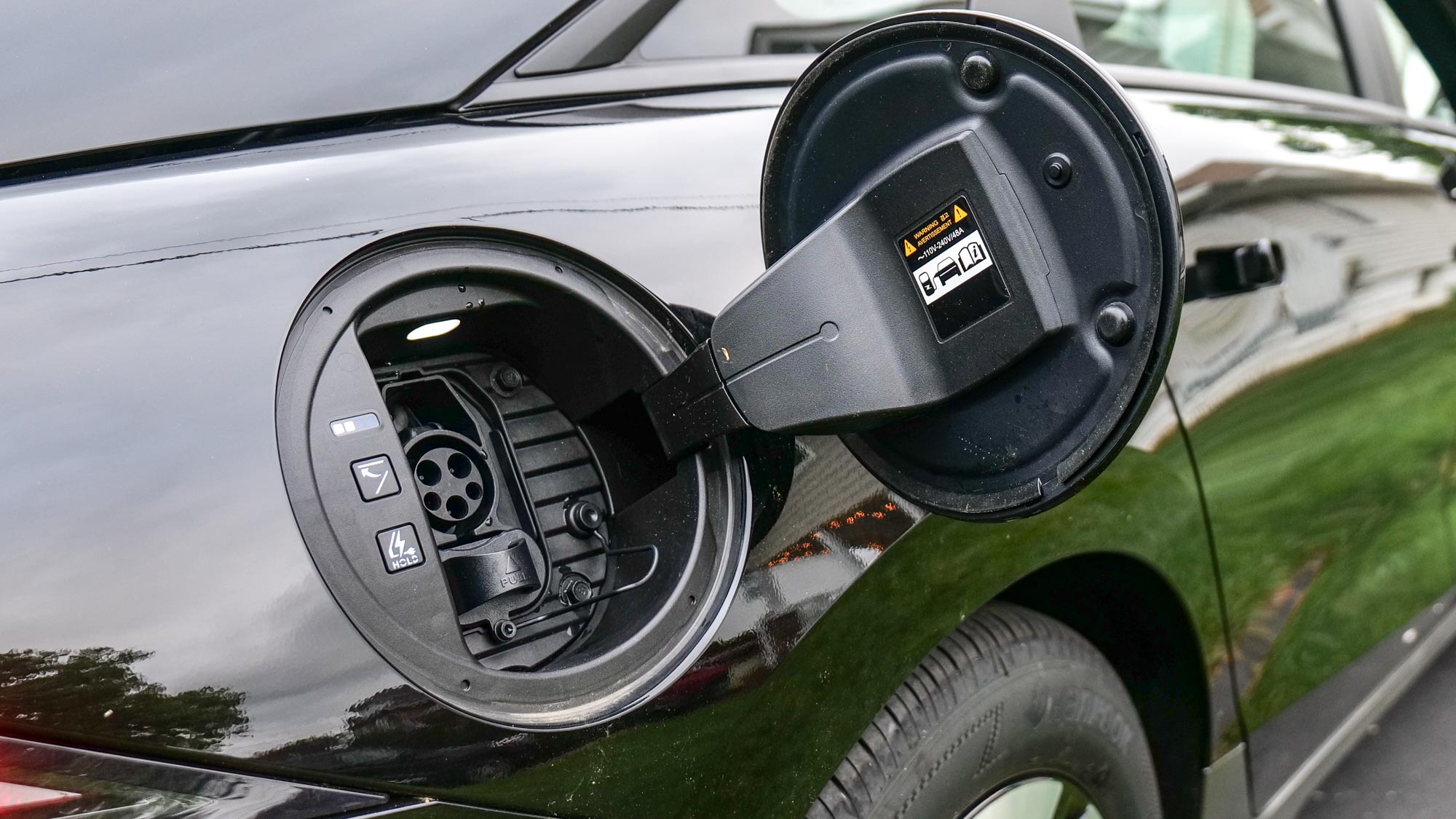
To get the most out of your home EV charging setup, consider adopting strategies that enhance efficiency without compromising convenience.
Using Off-Peak Hours
Charging during off-peak hours can significantly reduce electricity costs.
- Time-of-Use Rates: Investigate your utility company’s time-of-use rates. Many providers offer lower rates during late-night or early-morning hours.
- Scheduling: Use smart chargers’ scheduling features to program charging sessions that align with off-peak periods. This automation saves money and eases the burden of manual monitoring.
- Consideration for Battery Health: Charging during cooler hours can ease demand on your EV’s battery. Avoid extreme temperatures when charging, as they can impact battery longevity.
Optimizing Your Charging Schedule with Smart Features
Modern smart chargers come equipped with features designed to enhance charging efficiency.
- Energy Management Systems: If you have a home energy management system, connect your EV charger to optimize energy usage across all devices, ensuring your charger operates at the best times.
- Remote Monitoring and Alerts: Utilize apps that allow you to monitor charging progress and receive alerts when charging is complete. This functionality enables you to manage your energy use proactively.
- Adapting to Changes: Adjust your charging schedule based on changing energy prices or personal usage patterns. Smart chargers can adapt automatically or allow for manual adjustments.
Troubleshooting Common Issues
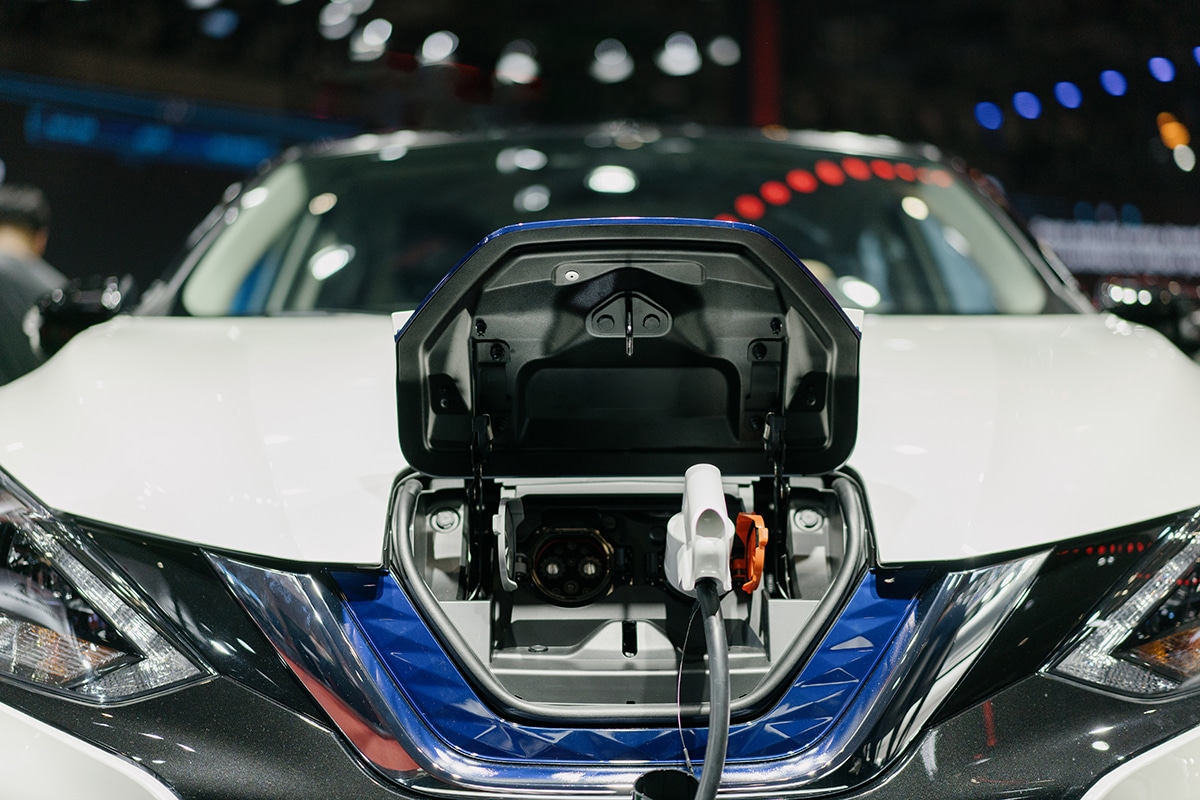
Like any technology, your home EV charger may experience issues from time to time. Identifying and resolving these problems quickly can prevent prolonged downtime.
Charger Malfunctions
Charger malfunctions can occur due to various reasons and should be addressed promptly.
- Power Supply Issues: If the charger isn’t powering on, check the circuit breaker and the outlet for any faults. Reset the circuit or replace any blown fuses.
- Error Codes: Some chargers display error codes when malfunctions occur. Refer to your user manual for guidance on troubleshooting the specific error code.
- Software Updates: Regularly check for firmware updates for smart chargers to ensure optimal functionality and security.
Electrical Problems
Electrical issues can arise, impacting your charging capabilities.
- Voltage Fluctuations: If you experience inconsistent charging speeds or interruptions, it may indicate voltage issues from your electrical panel. Consult your electrician to address any underlying problems.
- Grounding Problems: Inspect the grounding connection of your charger. Poor grounding can lead to performance issues and safety concerns.
- Frequent Trips: If your circuit breaker frequently trips during charging, consult your electrician to evaluate the load and circuit configuration.
Future-Proofing Your Home Charging Setup
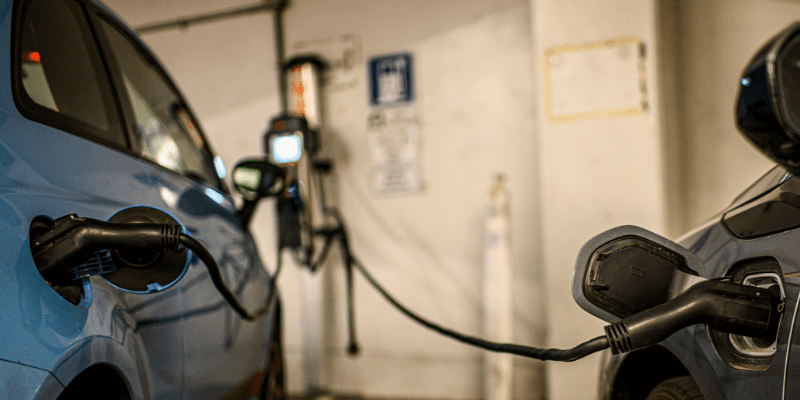
As EV technology evolves, it’s wise to consider future-proofing your home charging setup.
Preparing for Increased Power Demands
As more households adopt electric vehicles, the power demands of charging stations may increase.
- Panel Upgrades: If you anticipate adding another EV or high-demand appliances, consider upgrading your electrical panel to accommodate future needs.
- Flexible Charging Solutions: Look for chargers that support higher amperage and voltage to ensure they can handle potential increases in demand.
- Scalable Systems: Invest in scalable technologies that allow for easy expansion of your home charging infrastructure as necessary.
Adapting to Future EV Models and Technologies
The EV market is rapidly evolving with new models and charging technologies continually being introduced.
- Compatibility Standards: Choose chargers that comply with universal compatibility standards to ensure they work with various EV models.
- Wireless Charging Options: Stay informed about emerging technologies like wireless charging pads that may revolutionize home charging.
- Battery Technology Trends: Follow trends in battery technology, such as solid-state batteries, that may impact charging needs and efficiency in the future.
Maintaining Your Home EV Charger
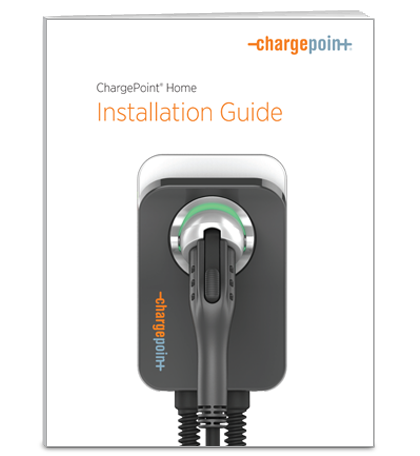
Maintenance is vital to ensure the longevity and reliability of your home EV charger.
- Regular Inspections: Set a reminder to inspect your charger and connections regularly for wear and tear or corrosion.
- Firmware Updates: If using a smart charger, make it a point to regularly check for software updates to optimize performance.
- Seek Professional Help: Don’t hesitate to call a professional if you notice persistent issues or if it’s been a while since your last inspection.
The Environmental Benefits of Home Charging

Switching to electric vehicles and charging them at home offers numerous environmental benefits.
- Reduced Emissions: By driving electric, you contribute to lowering greenhouse gas emissions, particularly if your region sources energy from renewable resources.
- Sustainable Energy Sources: If you utilize solar panels for your home charging, you can significantly reduce your carbon footprint while powering your vehicle.
- Cleaner Air: Transitioning away from fossil fuel vehicles can lead to improved air quality, benefiting public health and environmental sustainability.
Comparing Home Charging with Public Charging Stations
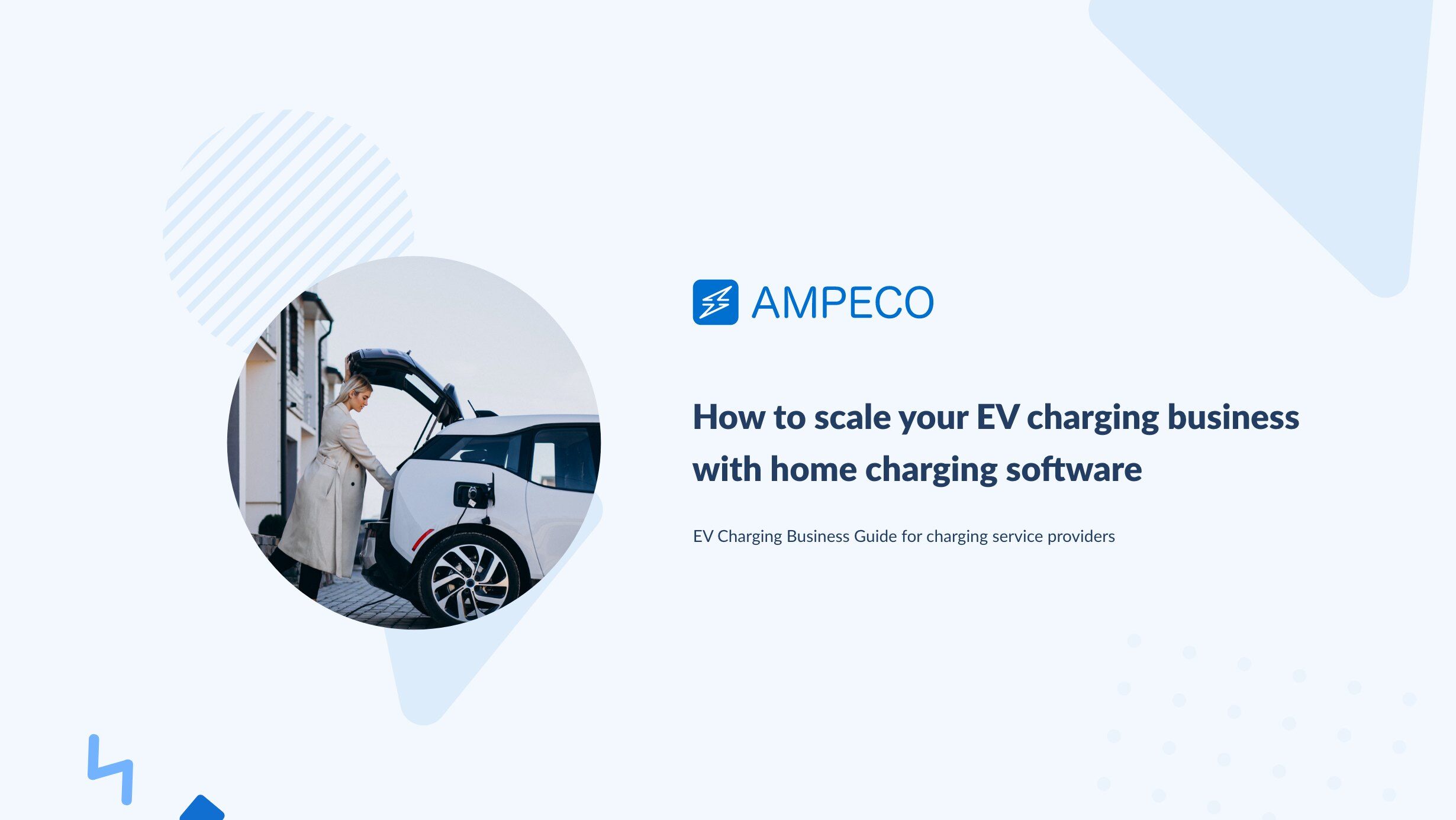
Understanding the differences between home charging and public charging stations is essential for optimizing your EV usage.
- Convenience Factor: Home charging allows you the convenience of plugging in overnight or during downtime, while public stations often require planning trips around charging stops.
- Cost Implications: Charging at home is typically cheaper than relying on public charging stations, especially those that charge premium rates for fast charging.
- Availability and Accessibility: Home charging eliminates the variability in availability common with public chargers, giving peace of mind and assurance that you won’t run out of power unexpectedly.
Long-Term Cost Savings of Home Charging
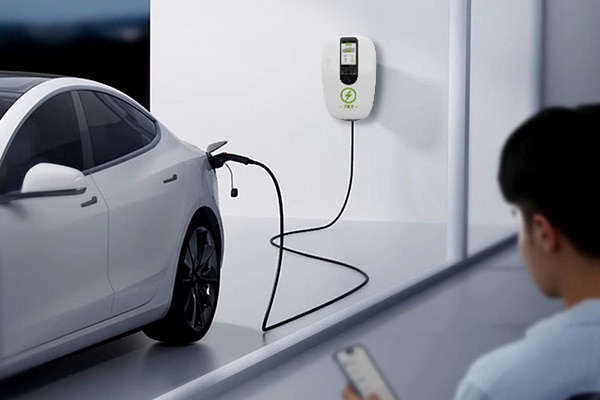
Investing in a home EV charger can yield substantial long-term financial benefits.
- Lower Energy Costs: Home EV charging is generally more economical than frequenting commercial charging stations, especially during rates’ lower periods.
- Increased Home Value: Installing an EV charger can increase your property value, attracting environmentally conscious buyers.
- Reduced Dependence on Gasoline: Owning an electric vehicle mitigates the impact of fluctuating gasoline prices on your budget.
Home Charging and Your Home’s Resale Value

Installing a home EV charger can have a positive impact on your home’s resale value.
- Attracting Eco-Conscious Buyers: As people become more aware of climate change and environmental issues, homes equipped with EV chargers appeal to buyers looking for sustainable living options.
- Market Trends: Research shows that properties with EV charging capabilities are considered more desirable and may command higher sale prices.
- Investment Return: The upfront costs of installing a charger can often be recouped through increased property value and interest from motivated buyers.
Government Incentives and Rebates for Home EV Charging
Taking advantage of government incentives can significantly lower the costs associated with home EV charging.
- Federal Initiatives: Periodic federal initiatives may offer tax credits or rebates for purchasing and installing home charging equipment. Stay informed on current opportunities.
- State Programs: Different states have unique incentive programs, including rebates and zero-interest loans to facilitate home EV charger installations.
- Local Utility Offerings: Many local utility companies provide special programs for EV owners, including reduced rates for charging during off-peak hours and rebates for residential charger installations.
Making the Switch to Electric: A Comprehensive Overview
Transitioning to electric vehicles represents a significant lifestyle choice with implications for daily routines, finances, and environmental responsibilities.
- Evaluate Personal Needs: Consider your driving habits, financial situation, and environmental goals when deciding on an electric vehicle.
- Research Options: Explore various EV models to identify one that suits your needs in terms of range, performance, and features.
- Support Infrastructure: Familiarize yourself with available home charging options and local public charging networks to facilitate a smoother transition to electric driving.
Video
Conclusion
In summary, the Home EV Charging Guide provides essential insights into the world of home charging for electric vehicles. From understanding the different types of chargers and determining your individual needs to ensuring safe installation and maintenance, this comprehensive overview ensures you’re well-equipped to tackle the complexities of setting up your home charging station. By evaluating costs, considering government incentives, and recognizing the environmental benefits, transitioning to electric vehicle ownership becomes not only feasible but also rewarding. With careful planning and consideration of future developments, you can enjoy a seamless and efficient home EV charging experience for years to come.

